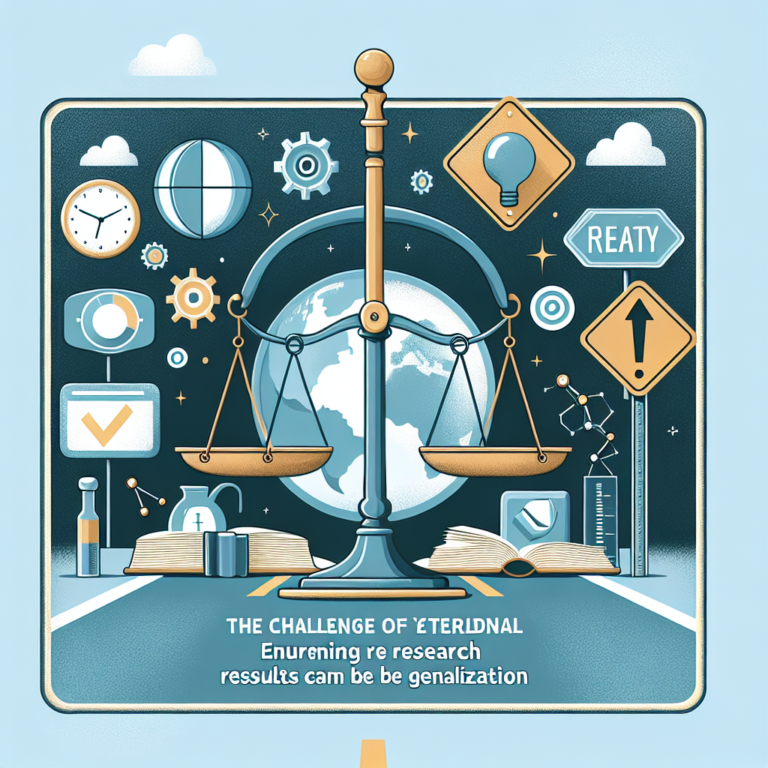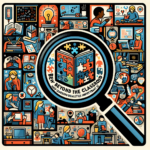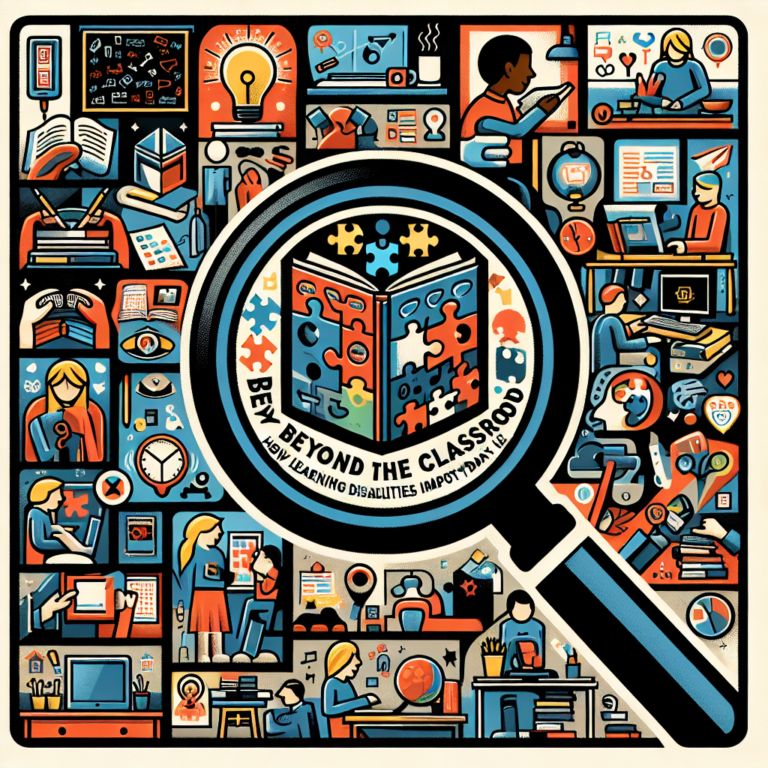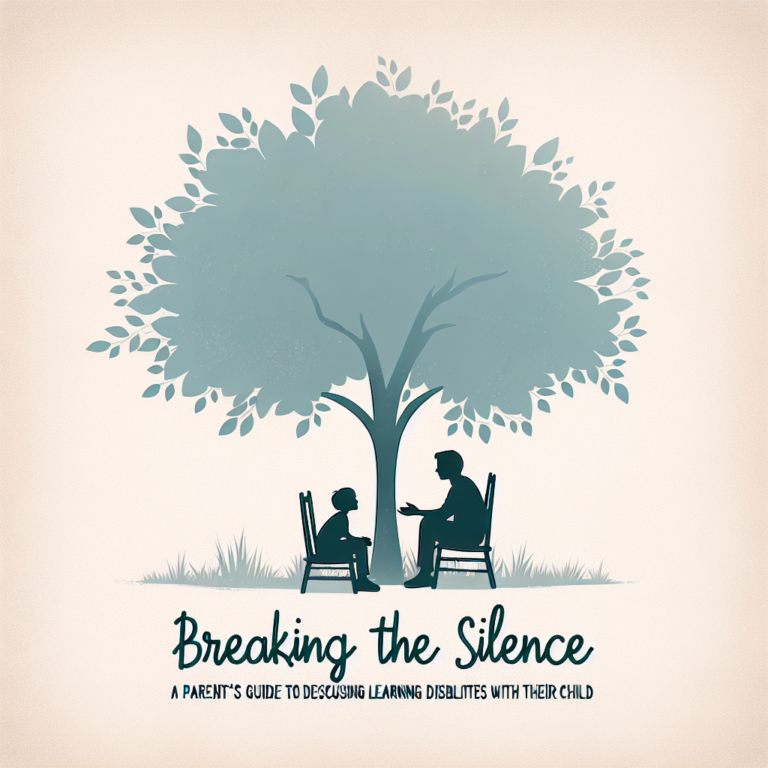
Introduction
In a world where multitasking has become the norm, the ability to manage our short-term memory is essential. Whether you’re trying to remember what to buy at the grocery store or preparing for an important meeting with stakeholders, mastering short-term memory can significantly boost your effectiveness in daily life. You might think it is impossible to juggle several tasks or retain details amidst constant distractions, but with the right strategies, you can enhance your memory skills dramatically. Let’s delve into the transformative journey of mastering short-term memory from grocery lists to important meetings, empowering you to thrive in both your personal and professional life.
Understanding Short-Term Memory
What is Short-Term Memory?
Short-term memory, sometimes referred to as working memory, is a cognitive system that temporarily holds and processes information. It enables the management of tasks such as retrieving a grocery item from a list or recalling key points during a business presentation. The average human can retain approximately seven items in their short-term memory at any given time, as defined by psychologist George A. Miller in his classic 1956 paper, "The Magical Number Seven, Plus or Minus Two."
How Short-Term Memory Works
Short-term memory operates through three key processes:
- Encoding: This is the first step where information is transformed into a form that can be stored.
- Storage: Once encoded, information is stored for a short duration, typically anywhere from a few seconds to a couple of minutes.
- Retrieval: This process allows individuals to access and use the stored information when needed.
To master short-term memory skills, it’s crucial to understand these processes and find techniques to enhance each one.
Practical Tips for Mastering Short-Term Memory
1. Chunking Information
One effective method to improve short-term memory is by chunking information. This involves breaking down larger pieces of data into smaller, more manageable units. For instance, rather than recalling a long grocery list like "milk, eggs, whole grain bread, cheese, yogurt," you can chunk it into "dairy (milk, cheese, yogurt)" and "bakery items (eggs, whole grain bread)."
2. Visualization Techniques
Using visualization can be instrumental in remembering information more efficiently. Associating items on your grocery list or points for a meeting with vivid mental images can make the information stick. For example, when you think of “apples,” you might visualize a bright red apple in a lush orchard. Such mental visualizations make retrieval easier.
3. Repetition and Spaced Repetition
The principle of spaced repetition—reviewing information at increasing intervals—can significantly improve retention. For grocery lists, regularly reminding yourself of the items throughout the day, or rehearsing the key points for your meeting multiple times at spaced intervals, can reinforce your memory.
4. The Method of Loci
This ancient memory technique involves associating items you want to remember with specific locations in a familiar setting. For example, imagine placing each grocery item in different rooms of your house. When it’s time to recall the items, mentally "walk" through your home.
5. Mind Mapping
Creating mind maps can not only help you organize your thoughts but also aid in the memorization process. Start with a central idea, like "Upcoming Meeting," and branch out with subtopics or key points you want to remember. This visual tool turns complex information into digestible parts, making it easier to retain.
Case Study: Chunking in Action
Real-World Application
A popular example illustrating the chunking method is exemplified by a study on telephone number recall. Participants were able to remember sequences of numbers only when they were grouped into chunks.
Table: Chunking Telephone Numbers vs. Random Numbers
| Structure | Average Recall Rate |
|---|---|
| Chunked (e.g., 123-456-7890) | 90% |
| Random (e.g., 1234567890) | 40% |
This case study emphasizes the effectiveness of chunking not only in memorizing grocery lists but also in various aspects of information recall.
Enhancing Memory for Important Meetings
Pre-Meeting Preparation
Prior to any important meeting, effective preparation can drastically enhance your memory retention. Here are a few tips:
- Outline Key Objectives: Create a list of what needs to be discussed and what you aim to achieve.
- Review Documents: Go through any relevant documents beforehand. Highlight areas that require special attention to reinforce these concepts in your mind.
- Practice Active Listening: During the meeting, focus on actively listening to ensure the information is encoded effectively.
In-Meeting Techniques
During the meeting, use techniques like note-taking, summarizing points, and asking questions for clarification. Not only does this reinforce your memory, but it also promotes engagement in the discussion.
Post-Meeting Review
After the meeting, take a few minutes to summarize what you’ve learned. This practice solidifies the newly acquired information into your short-term memory and enhances its transition into long-term memory for future reference.
Conclusion
Mastering short-term memory skills is not just beneficial for making grocery lists or succeeding in meetings—it’s an essential competency that can vastly improve your daily life. By employing techniques like chunking, visualization, repetition, and mind mapping, you can enhance your ability to remember key information and perform tasks efficiently. Remember, whether you’re pushing through a jam-packed grocery store or delivering a crucial presentation, the power of your mind’s memory capabilities is ready to be unlocked.
Motivation and Takeaway
Imagine walking into a meeting prepared with all the necessary details at your fingertips or breezing through your grocery shopping without missing an item. You have the tools to master short-term memory; all you need to do is implement these strategies. Start practicing today and be amazed at how your ability to recall information transforms from a challenge into a strength.
FAQs
1. What is the difference between short-term memory and long-term memory?
Short-term memory retains information temporarily, lasting from a few seconds to a couple of minutes, whereas long-term memory stores information for an extended period, often indefinitely.
2. How can I improve my short-term memory instantly?
You can improve your short-term memory instantly by utilizing chunking strategies or visualization techniques during information processing.
3. Is it possible to increase my short-term memory capacity?
While the average capacity of short-term memory is around seven items, techniques like chunking or the method of loci can help you remember more effectively, allowing for longer sequences of information.
4. How can stress affect my short-term memory?
Stress can impair cognitive function, including memory retention. Managing stress through relaxation techniques can enhance memory performance.
5. Are there any exercises specifically for enhancing short-term memory?
Yes! Engaging in memory games, puzzles, or apps designed for cognitive training can specifically target and enhance your short-term memory skills.
By adopting and practicing these strategies, you’ll be traveling a short route to success, making every shopping trip and business meeting a walk in the park!















